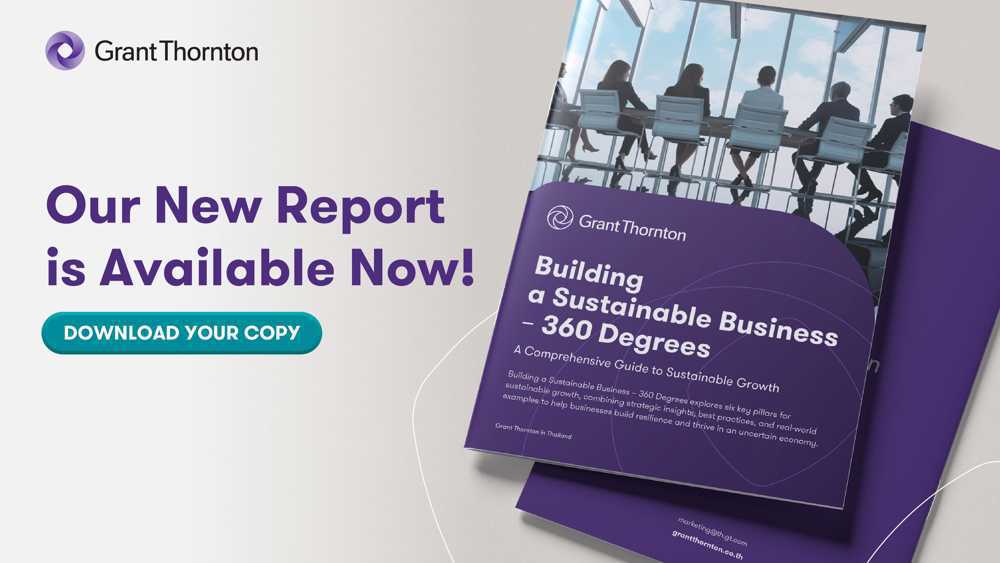Companies too often pay lip service to sustainability, launch ambitious-sounding initiatives about it for their marketing or branding efforts, and then when public attention has drifted elsewhere, revert quietly to business as usual.
This is a mistake. Customers use social media to hold businesses to their stated goals. Talent gravitates toward companies that live their values, and disengages from firms that don’t. Employees frustrated by corporate inaction sooner or later start to share data with journalists, who in turn influence investors.
And even absent the human element, the alternative to a sustainable business model is an unsustainable one - ensuring that collapse is not so much a question of if but when.
The solution is to actually follow through on your promises and values, with full energy and commitment. Sustainable business practices are not the wrapping paper; they are the product itself.
Raising the pillars from the ground up
Attentive readers will have noticed a few patterns emerging from this report on sustainability pillars.
The first is that no pillar stands alone. They each rely on the others for support, with a lot of substantive overlap between them as well. Governance promotes values, which include environmental and social responsibility; talent then appreciates that focus, increasing loyalty and commitment; investments and acquisitions accelerate progress in key areas; risk management cements every step forward to prevent backsliding; and technology improves the effectiveness of every detail.
The pillars hold up not only the company at large, but also each other. Each has a role to play in building the strength of the other pillars.
Another common theme is that the success stories outlined above are the result of smart decision-makers stepping back from operational details and day-to-day concerns, and focussing instead on the bigger picture. In this way, fossil fuel companies can learn to see that they are not in the business of selling coal and oil, but rather selling energy. This wider view lets them pivot as soon as a more desirable energy source becomes cost-effective for them to use.
Logistics companies can likewise learn that they are not in the business of trucking, but rather transportation. This insight lets them switch to drones when flooding blocks the roads, delighting their customers while reducing their own financial exposure to changeable weather patterns.
The expanded perspective lets digital accommodation providers learn that their customers are paying not only for hotel rooms, but also for trust and confidence. Businesses in that sector can build loyalty by meeting those unstated demands, or fade away over time by neglecting them.
From ideas into action
A real sense of urgency is needed to keep up with today’s fast-moving economy. Each company should decide on a set of sustainability principles that are both clear and inspiring, while remaining foundational enough to provide meaningful guidance long into the future. These values should integrate the pillars outlined above, and be woven into the DNA of all its operations.
"A real sense of urgency is needed to keep up with today’s fast-moving economy.”
Implementing those principles in practice, and adapting further as conditions change, will require real knowhow at a technical level - and organisational momentum at a cultural level.
Grant Thornton in Thailand has been helping businesses meet these challenges for decades. From talent recruitment, to extensive assistance on the administrative side, to technical consulting, to transformation management services and more, we can help set a sustainable foundation for your business and its long-term success. Contact us to find out more.








